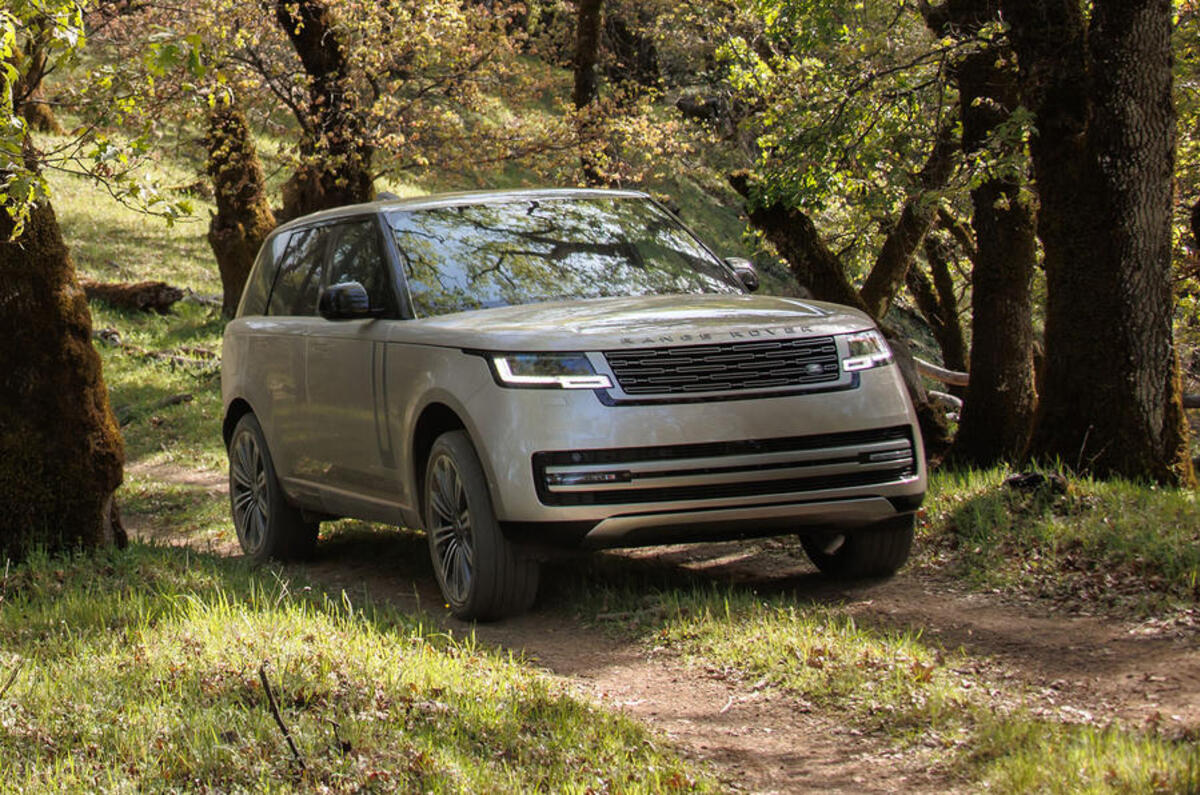Jaguar Land Rover has posted a pre-tax loss of £455 million in its latest financial year report, laying bare the effects of the semiconductor shortage.
That figure includes a £43m exceptional charge relating to the firm's operations in Russia, where the firm paused sales in March in the wake of the country's invasion of Ukraine.




Add your comment